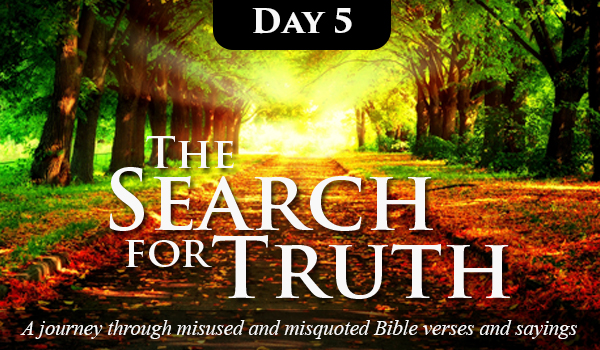
Over the years we have substituted and twisted details in Bible stories to make them more believable or to put them in our modern-day context. Here are three quick examples:
We say that Adam and Eve ate an apple, which was the forbidden fruit.
What they actually ate, the Bible doesn’t say. Here’s what it does say:
“When the woman saw that the fruit of the tree was good for food and pleasing to the eye,
and also desirable for gaining wisdom, she took some and ate it.”
Genesis 3:6
Perhaps to make the story more appealing and memorable to children and more believable to us,
we say Jonah was swallowed by a whale. After all, it’s the largest creature in the sea, right?
Well, maybe not back then:
“Now the Lord provided a huge fish to swallow Jonah,
and Jonah was in the belly of the fish three days and three nights.”
Jonah 1:17
Delilah got Samson to reveal the source of his strength so he could be tamed.
This lover’s tale is much more appealing if she was the one who cut Samson’s hair. Oops:
“After putting him to sleep on her lap, she called for someone to shave off the seven braids of his hair,
and so began to subdue him. And his strength left him.”
Judges 16:19
Maybe these twists of details are harmless. But, why do we feel like we should perpetuate the misquoting of God’s Word? After all, these three stories are already so amazing. As we’ll see in a couple of weeks, perhaps no other story has had more erroneous details added than the Christmas story.